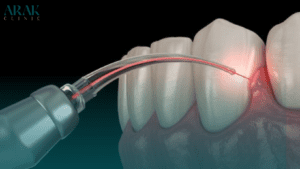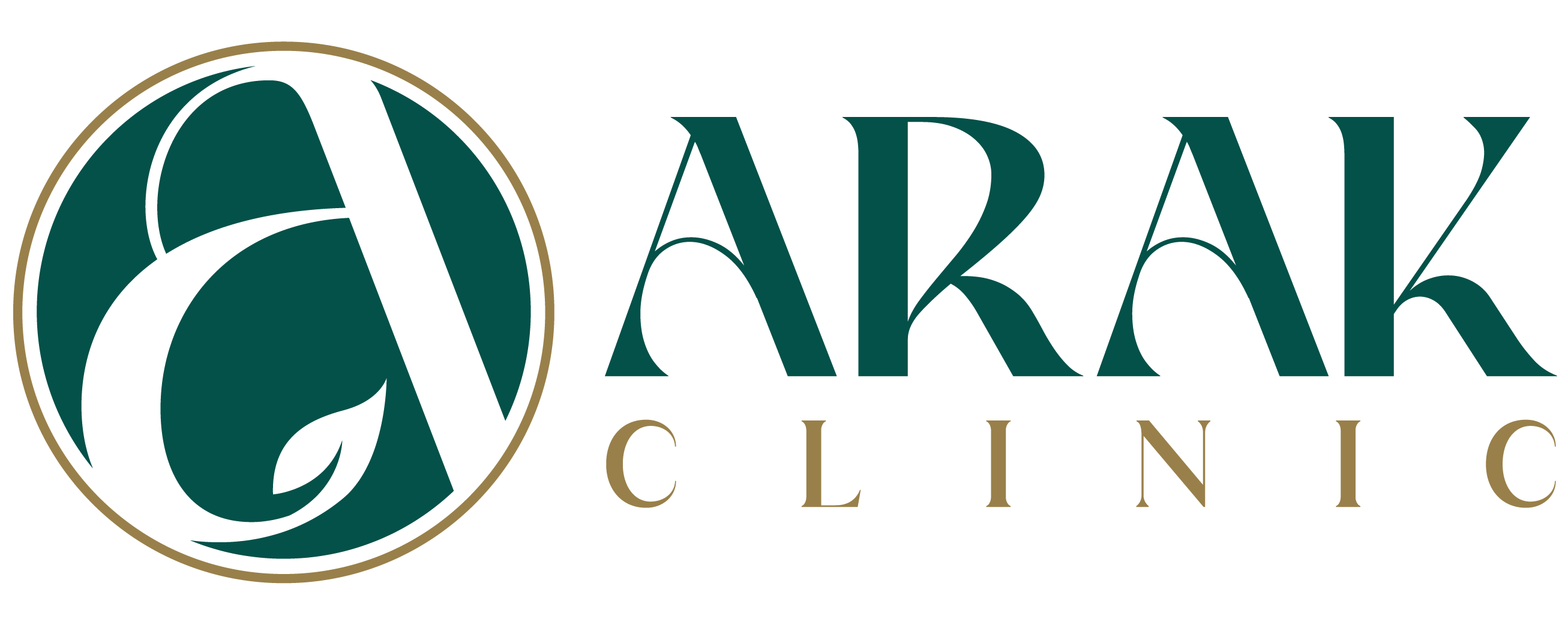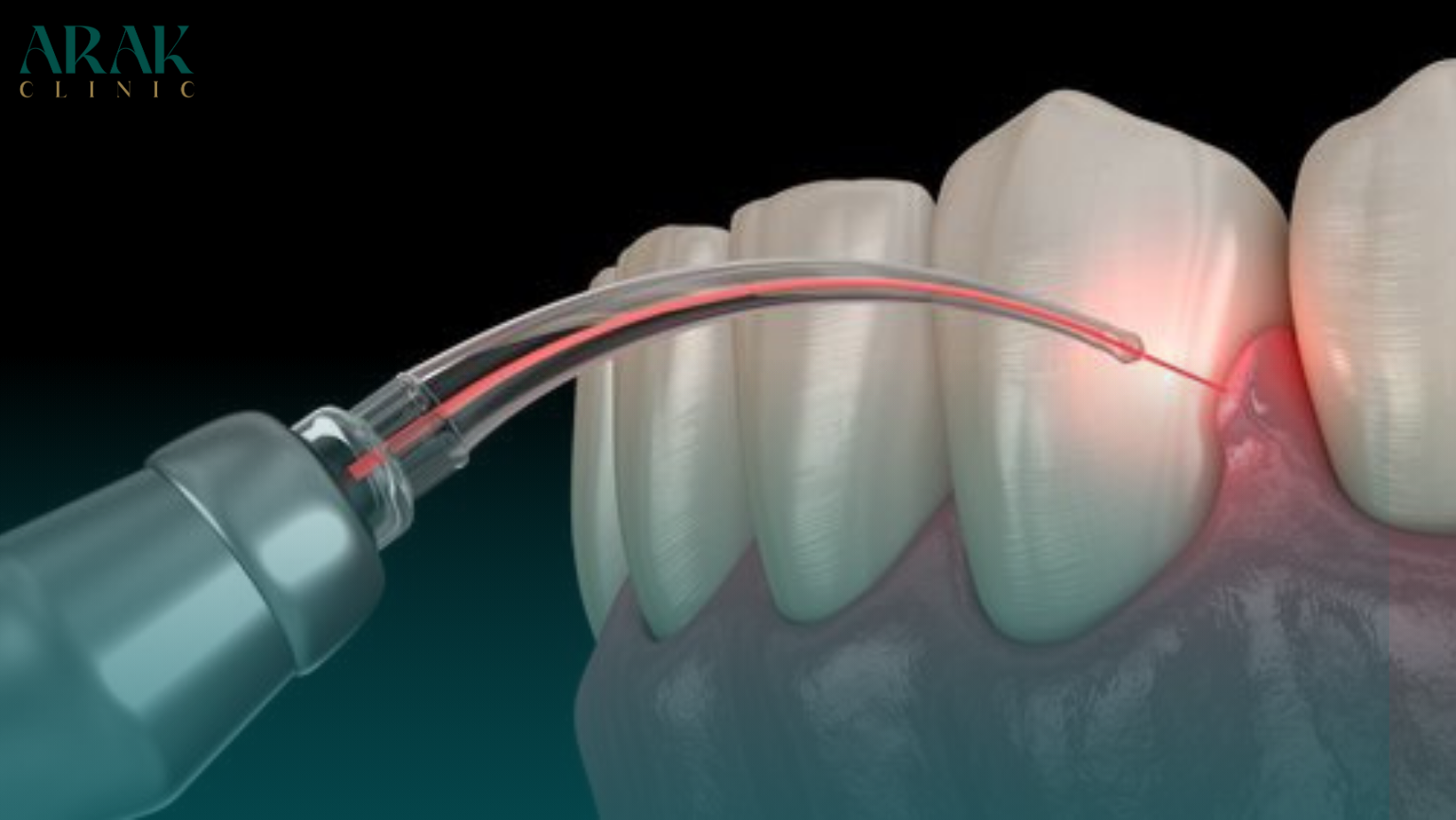Dental laser procedures involve the use of lasers in various dental treatments. Lasers, which emit focused light energy, have become an integral part of modern dentistry due to their precision, versatility, and minimally invasive nature. Here are some common dental laser procedures and their applications:
Soft Tissue Procedures:
Gum Reshaping (Gingivectomy or Gingivoplasty): Dental lasers can be used to reshape or contour the gum tissue to improve the appearance of a gummy smile or to treat gum disease.
Frenectomy: A frenectomy is the removal of a fold of tissue (frenulum) that restricts the movement of the lips or tongue. Lasers are often used for this procedure.
Treatment of Gum Disease: Laser-assisted periodontal therapy, such as LANAP (Laser-Assisted New Attachment Procedure), can be used to treat gum disease by removing infected tissue and promoting gum reattachment to the teeth.
Cavity Preparation:
Laser Dentistry for Fillings: Dental lasers can be used to remove decayed tooth structure when preparing a tooth for a dental filling. Lasers are often less uncomfortable than traditional drilling for some patients.
Teeth Whitening:
Laser-Assisted Teeth Whitening: In some in-office teeth whitening procedures, a dental laser is used to activate a high-concentration whitening gel, accelerating the whitening process.
Biopsy and Lesion Removal:
Oral Lesion Removal: Lasers can be used to remove small tissue samples (biopsy) or to eliminate benign or precancerous lesions in the oral cavity. This procedure is often less painful and requires less healing time compared to traditional surgical methods.
Treatment of Cold Sores and Canker Sores:
Pain Relief: Lasers can be used to reduce the pain and duration of cold sores and canker sores by targeting the viral infection.
Nerve Regeneration:
Low-Level Laser Therapy (LLLT): LLLT with dental lasers is sometimes used to promote nerve regeneration, reduce pain, and accelerate healing after certain dental procedures.
Implant Surgery:
Laser-Assisted Implant Placement: Some dentists use lasers to assist in implant surgery by making precise incisions and minimizing tissue damage.
Dental Sleep Medicine:
Snoring and Sleep Apnea: Laser therapy can be used to reshape and tighten the soft tissues of the throat and palate, reducing snoring and mild sleep apnea symptoms.
Benefits of Dental Laser Procedures:
Precision: Lasers allow for highly precise and controlled tissue removal, minimizing damage to surrounding healthy tissue.
Minimally Invasive: Many laser procedures are minimally invasive, resulting in less discomfort, swelling, and bleeding.
Faster Healing: Laser treatments often lead to faster healing times compared to traditional surgical methods.
Reduced Pain and Discomfort: Patients may experience less pain and post-operative discomfort with laser procedures.
Minimal or No Anesthesia: Some laser procedures can be performed with little or no anesthesia.
It’s important to note that not all dental practices have lasers, and the availability of laser procedures may vary.
If you’re interested in a specific laser dental procedure, book a free consultation with ARAK CLINIC to determine if it’s suitable for your needs.





